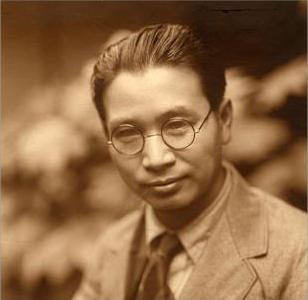A Quote by Curt Flood
Customary though it may be to write about that institutionalized pastime as though it existed apart from the general environment, my story does not lend itself to such treatment.
Related Quotes
If one loves stories, then one would naturally love the story of the story. Or the story behind the story, pick your preposition. It does seem to me to be a kind of animal impulse almost, a mammalian curiosity. For a reader to wonder about the autobiography in a fiction may be completely unavoidable and in fact may speak to the success of a particular narrative, though it may also speak to its failure.
I've never been able to write poetry without having vast tracts of dead time. Poetry requires a certain kind of disciplined indolence that the world, including many prose writers, doesn't recognize as discipline. It is, though. It's the discipline to endure hours that you refuse to fill with anything but the possibility of poetry, though you may in fact not be able to write a word of it just then, and though it may be playing practical havoc with your life. It's the discipline of preparedness.
As to the rout that is made about people who are ruined by extravagance, it is no matter to the nation that some individuals suffer. When so much general productive exertion is the consequence of luxury, the nation does not care though there are debtors; nay, they would not care though their creditors were there too.
I want to write something so simply about love or about pain that even as you are reading you feel it and as you read you keep feeling it and though it be my story it will be common, though it be singular it will be known to you so that by the end you will think— no, you will realize— that it was all the while yourself arranging the words, that it was all the time words that you yourself, out of your heart had been saying.
She had never realized any love save love as passion. Such love, though it expends itself in generosity and thoughtfulness, though it give birth to visions and to great poetry, remains among the sharpest expressions of self-interest. Not until it has passed though a long servitude, though its own self-hatred, though mockery, though great doubts, can it take its place among the loyalties. Many who have spent a lifetime in it can tell us less of love than the child that lost a dog yesterday.





































